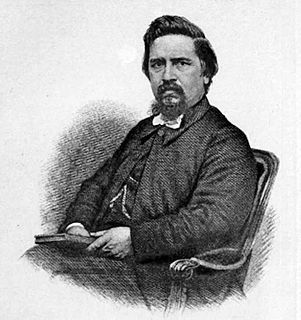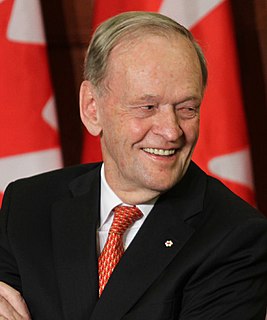A Quote by Seneca the Younger
The soul has this proof of divinity: that divine things delight it.
Related Quotes
In one of the Upanishads it says, when the glow of a sunset holds you and you say 'Aha,' that is the recognition of the divinity. And when you say 'Aha' to an art object, that is a recognition of divinity. And what divinity is it? It is your divinity, which is the only divinity there is. We are all phenomenal manifestations of a divine will to live, and that will and the consciousness of life is one in all of us, and that is what artwork expresses.
Wisdom is not finally tested in schools, Wisdom cannot be pass'd from one having it to another not having it, Wisdom is of the soul, is not susceptible of proof, is its own proof, Applies to all stages and objects and qualities and is content, Is the certainty of the reality and immortality of things, and the excellence of things; Something there is in the float of the sight of things that provokes it out of the soul.
The Soul is a fact, but it is not physical. ... Survivors of near-death experiences attest that some part of them apparently detaches from their physical bodies following the death of the body, but while that is proof of the soul for them, it does not prove it to us. The Soul is like divine music that only God can hear; it is the force of endless resurrection; the soul is like a fire that never goes out.
Each soul is potentially divine. The goal is to manifest this divinity by controlling nature, external and internal. Do this either by work, or worship, or psychic control, or philosophy - by one, or more, or all of these - and be free. This is the whole of religion. Doctrines, or dogmas, or rituals, or books, or temples, or forms, are but secondary details.
The delight we take in our senses is an implicit desire to know the ultimate reason for things, the highest cause. The desire for wisdom that philosophy etymologically is is a desire for the highest or divine causes. Philosophy culminates in theology. All other knowledge contains the seeds of contemplation of the divine.









































